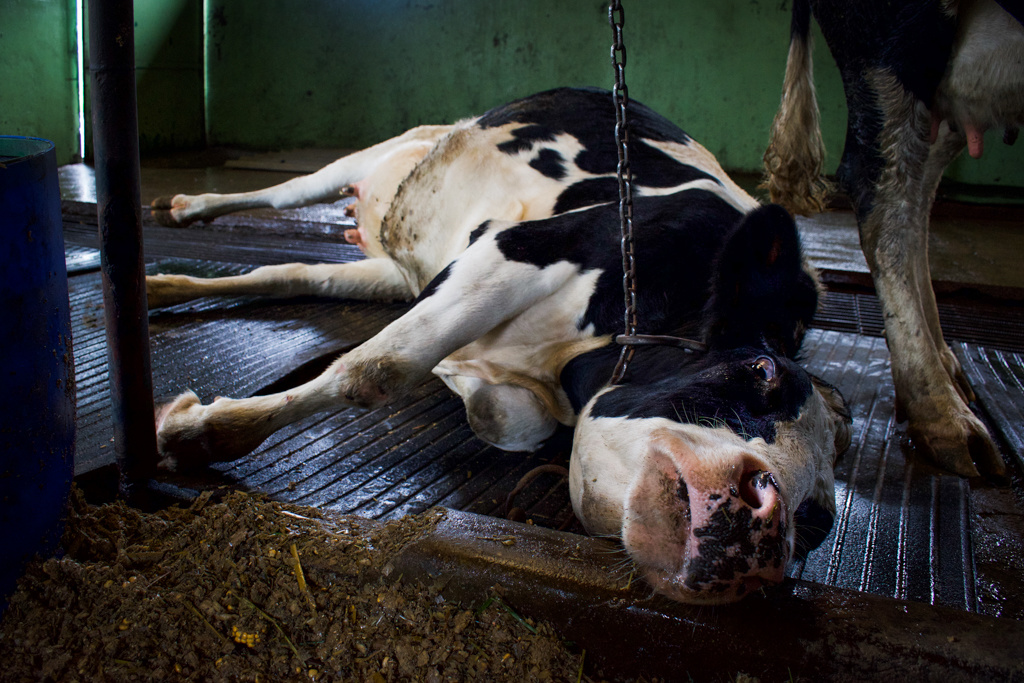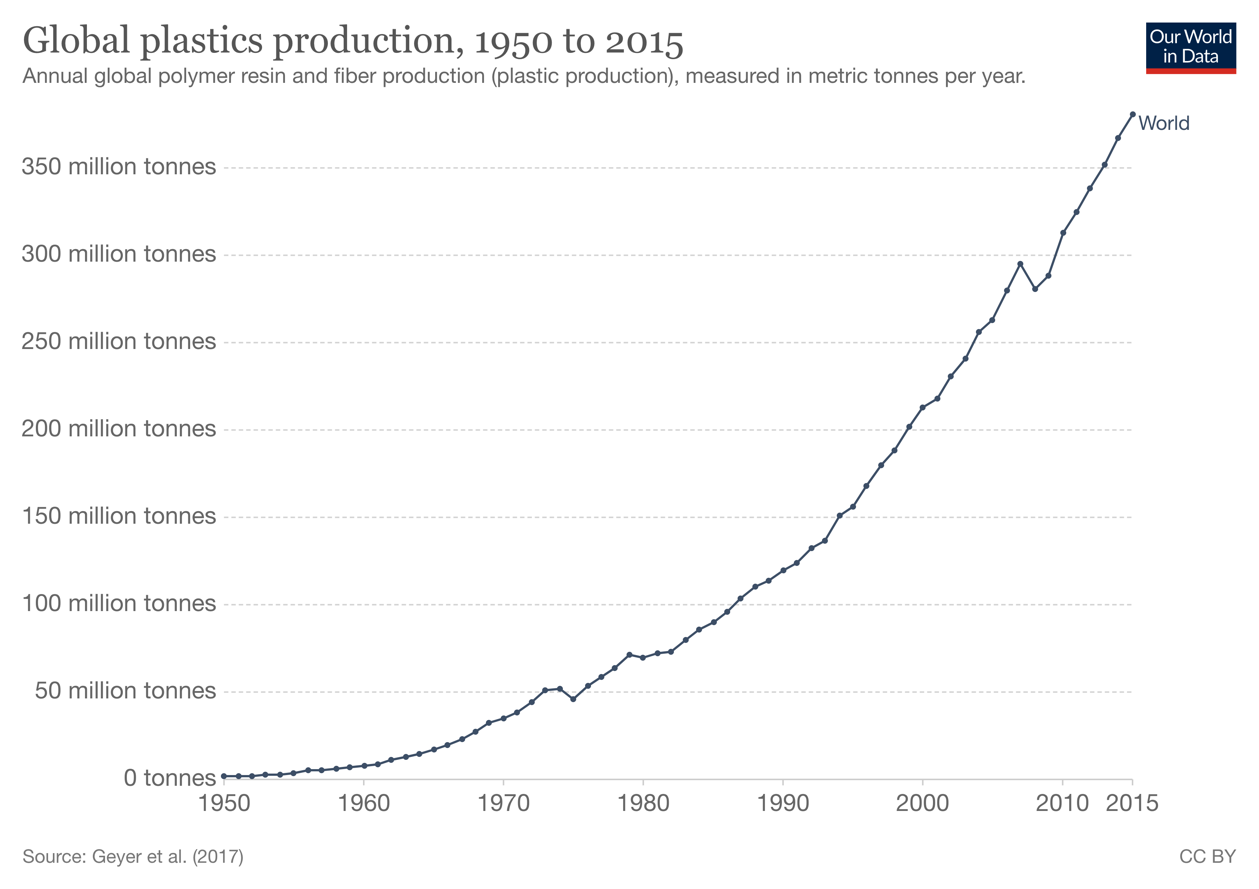Food and the nutrients it provide are essential to the well-being and survival of all living creatures, including humans. Nutrients provide the energy that a person needs for breathing, maintaining the right body temperature, supporting a healthy immune system. From the very beginning of the Homo sapiens existence, human lifestyles and diets evolved alongside each other, tied in a complementary relationship. Throughout history, humans, while living in caves and simple homes, have hunted animals small and large and have foraged for fruits, leaves, and flowers. Their lifestyles changed at one point in history as they discovered agricultural tools, allowing them to settle in one place and have a guaranteed source of nutrients. In the more modern society, it is now possible to make food out of plants and chemicals without using the animal products that have been an integral part of the human diet for generations.
Food Ethics
Every day, humans make hundreds of choices, from snoozing an alarm in the morning for the third time to giving up a seat in the subway for an older man with a cane. Morality allows humans to coexist with other humans but, more generally, with flora and fauna around them (Morin, 2020). It might seem as only the second example is one of a moral decision, but in reality, they both are. Humans live in a society surrounded by millions of other animals and plants, meaning every single choice they face calls for a moral judgment. Furthermore, anything and everything a person does has consequences, which more often than not affects other livings things and the planet they are on. Therefore, it is only logical that something so essential to human life as a diet must pose various ethical questions about what humans eat and how they get it.
Animal Welfare
Recently, there has been a rise in the popularity of plant-based diets and lifestyles, such as vegetarianism and veganism. While sometimes based on health reasons only, these philosophies often center around the belief that animals should not suffer for the sake of the human diet. According to PETA (2020), 99% of animals that are eaten in the U.S. are raised in industrial ‘factory farms’ inside “filthy, windowless sheds.” Millions of animals are bred specifically for the sake of slaughter and further consumption after having lived a usually short and miserable life. There, they live in permanent terror, suffering through barely having enough space to move, being genetically manipulated, and fed with antibiotics (PETA, 2020). Some of these animals, genetically shaped into bigger sizes for the sake of getting more meat out of them, are unable to handle their weight and die of starvation or dehydration or break bones. Figure 1. shows a picture taken by a photojournalist Amy Jones (2020) depicting a cow at one of the ‘factory farms.’ When they have served their purpose as sources of milk or eggs, they are taken to the slaughterhouse, often without feeding them or keeping them warm.

A common counterargument of people who continue to eat meat regardless of the facts put in front of them is that a single person will not make a difference. Although this is true, according to Million Dollar Vegan (Burgess-Pike, 2019), an individual that renounces meat for just a month can save as many as 30 animals. Even for a single person, that is a significant number, and if thousands and millions of people permanently switched to a vegan diet, they would protect hundreds of millions of animals from suffering.
Another counterargument some propose is the human-superiority view. From this perspective, humans are the only feeling and thinking animals, superior to the other species that exist on Earth. Therefore, according to this view, it is not immoral to kill animals for consumption since it is natural. However, according to National Geographic (Worrall, 2018), animals are much more complex in their emotions and feelings than is often believed. It can be said that the human-superiority theory is based on guilt, as people attempt to justify their deliberately predatory behavior. What is interesting is the contradiction of this theory of the supposed superior intelligence of humans with the explanation of carnivore patterns that are deemed natural, just like with other animals in nature.
The Environment
However, it is not just the animals that benefit from the reduced consumption of meat and meat products. According to Burgess-Pike (2019), the breeding of animals for consumption is a large contributor to climate change due to land and water use. Furthermore, eliminating meat products from one’s diet leads to decreased CO2 emissions, global acidification, and eutrophication (Carrington, 2018). According to Joseph Poore at the Oxford University (Carrington, 2018), “a vegan diet is probably the single biggest way to reduce your impact on planet Earth.” Although there are several opposing views on just how much impact humans have on the ongoing climate change, there is no harm in attempting to reduce this impact.
On the other hand, the production of meat-free alternatives that are affordable and efficient to make might also be damaging the environment. For example, former Professor of Food Industry and Head of the Food Department at Harper Adams University Ralph Early (2019) mentions the trade-off between cheap production of soy and palm oil and rainforest conservation. Furthermore, the use of plastic in food production and distribution, which allows for the prices to remain low, has an incredibly detrimental effect on the environment. As shown in Fig. 2 (Ritchie & Roser, 2018), plastic production has increased majorly over the past 75 years, and it is likely to keep rising until a solution is found. Plastic takes hundreds of years to decompose, meaning that the planet is cluttered without a way to get rid of it. According to Ritchie and Roser (2018), packaging is the leading use of plastic today. The food industry makes use of packaging for transporting and selling goods. Therefore, buying food, meat-free or not, in plastic packaging can also be seen as unethical.

Fair Trade
Another ethical consideration related to food choices has to do with fair trade and the production workers. Due to globalization, a lot of the food consumed around the world is produced by workers in lower socio-economically developed countries that have to endure poor living standards. According to The Conversation (Neumann & Searcy, 2019), as many as 2.1 million people pass away due to work-related incidents every year. While this statistic refers to all fields rather than just the food industry, the latter is a big part. In search of lower production costs, companies and factories hire children and people desperate for any sort of income and let them work in shocking conditions for little pay. Therefore, knowing how the food makes it onto the supermarket shelves and restaurant tables is essential for consumers to make ethical choices.
Healthy Diet
Last but not least, it is essential to reiterate the primary purpose and the significance of food. Sufficient calories and nutrients consumed daily are vital to the lives of humans. Unfortunately, however, it often becomes problematic, with various eating disorders resulting in extreme personal health violations such as anorexia, obesity, diabetes, etc. These multiple disorders affect children and adults alike, which leads to general physical and mental health problems in individuals and affects the economy. According to the National Association of Anorexia Nervosa and Associated Disorders (2021), eating disorders affect over 9% of the world’s population, with 10,200 deaths annually credited to them. Therefore, in this case, it might be deemed ethical not just to eat or not eat a particular food group, but to remain conscious and aware of the example one gives to impressionable people around. For instance, if a mother has an eating disorder, it could be unethical for her not to get treated since it would affect her children.
Furthermore, eating a healthy and balanced diet can be beneficial not only to the individual but also to society. Since, as described previously in this essay, morality is concerned with coexistence, choosing to eat healthily is a moral judgment. Moreover, locally grown food might support local workers and businesses, further benefiting society. Hence, deciding where to get produce and other food ingredients from is also an ethical consideration.
Conclusion
Overall, moral and ethical decisions are highly subjective, and yet they are everywhere. Therefore, no matter what one might deem right or wrong behavior, it is vital to stay aware of making that choice. It is impossible to be informed of every single thing in the world, but a little curiosity goes a long way. Moreover, at least some awareness of food ethics can benefit both the individual and society overall.
References
Burgess-Pike, C. (2019). WHAT DIFFERENCE CAN ONE PERSON MAKE BY GOING VEGAN? Million Dollar Vegan. Web.
Carrington, D. (2018).Avoiding meat and dairy is ‘single biggest way’ to reduce your impact on Earth. The Guardian. Web.
Early, R. (2019). Food ethics: the moral maze.Institute of Food Science and Technology, 33(4). 44-47. Web.
Jones, A. (2020). [Photograph of a cow]. Fstoppers. Web.
Morin, A. (2020). What Is Morality?Verywell Mind. Web.
National Association of Anorexia Nervosa and Associated Disorders. (2021). Eating Disorder Statistics.Web.
Neumann, P. & Searcy, C. (2019). The End of Dangerous Working Conditions Starts with Informed Consumers. The Conversation. Web.
Ritchie, H. & Roser, M. (2018). Plastic Pollution. [Graph]. Our World in Data. Web.
PETA. (2020). Factory Farming: Misery for Animals. Web.
Worrall, S. (2018). How Diverse Personalities Help Animals Survive.National Geographic. Web.